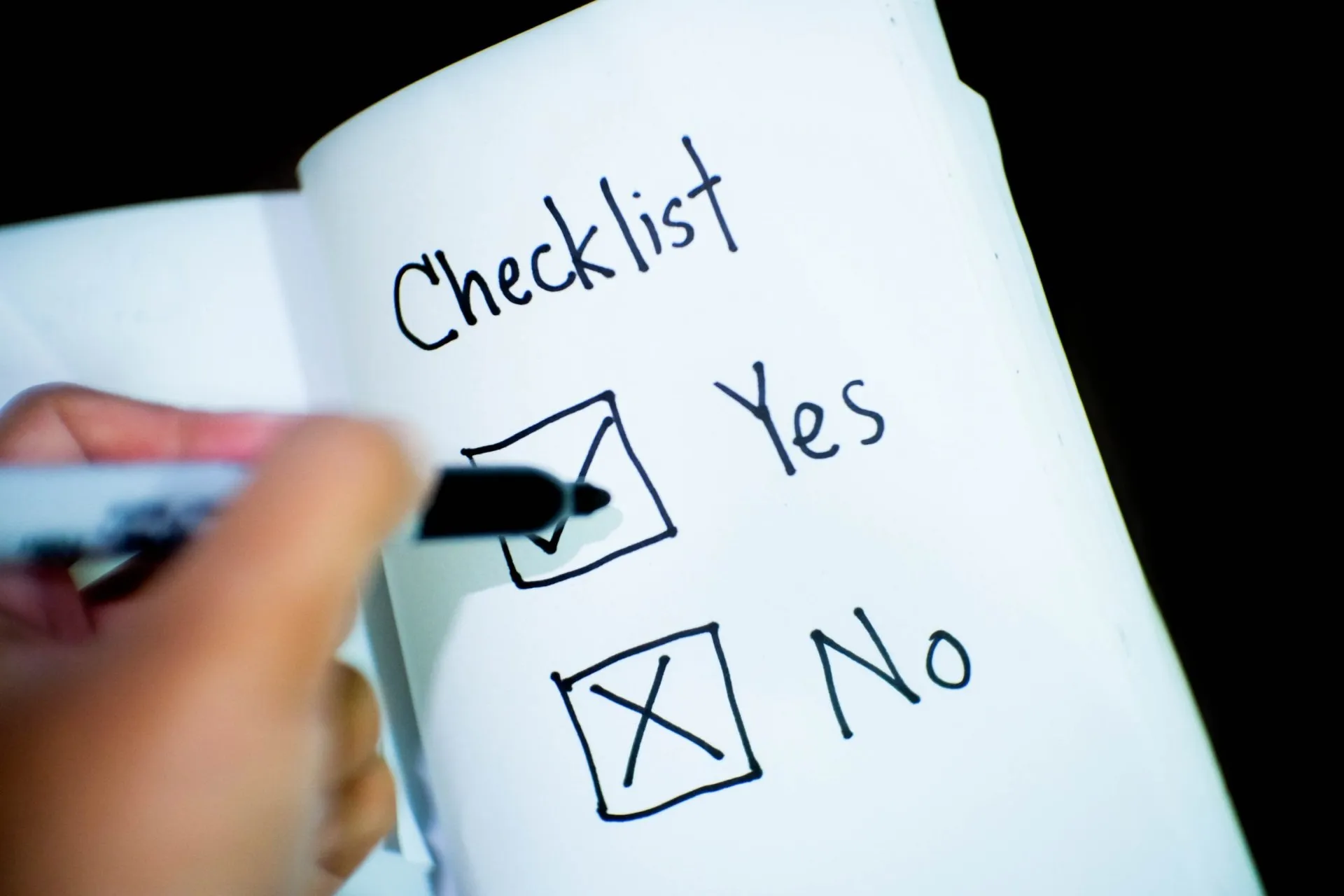Checklist for Relocating to Another State: Essential Steps and Money-Saving Suggestions
Planning a move to a different state requires careful preparation and consideration of various factors. Whether you’re moving for a job, education, or a change of scenery, it’s important to have a well-organized checklist to ensure a smooth transition. Additionally, implementing cost-saving strategies can help alleviate some of the financial burdens associated with moving. Here is a comprehensive guide to help you with your out-of-state move.
- Research Your New State: Before making any concrete plans, conduct thorough research on your destination. Familiarize yourself with the cost of living, job market, housing options, healthcare facilities, schools, and any specific laws or regulations that may differ from your current state.
- Create a Budget: Moving can be expensive, so it’s crucial to establish a budget early on. Consider expenses such as moving services, transportation costs, temporary housing, utilities setup, and any other related expenses. Having a clear budget will help you prioritize and make informed decisions throughout the moving process.
- Declutter and Organize: Moving is an excellent opportunity to declutter and get rid of unnecessary items. Go through your belongings and determine what you no longer need or want. Consider selling, donating, or discarding these items to lighten your load and reduce moving costs.
- Hire a Reputable Moving Company: If you decide to hire professional movers, do thorough research to find a reputable company. Read reviews, compare quotes, and ensure they have the necessary licenses and insurance. Request an in-person or virtual estimate to get an accurate idea of the costs involved.
- Pack Strategically: Efficient packing can save you time, effort, and money. Start early and gather packing supplies such as boxes, tape, and bubble wrap. Pack room by room, labeling boxes clearly to make unpacking easier. Use towels, blankets, and clothing to cushion fragile items and save on packing materials.
- Notify Important Parties: Inform relevant parties about your move, including your employer, schools, healthcare providers, banks, insurance companies, and the postal service. Forward your mail to your new address and update your address with relevant institutions to avoid any disruptions.
- Transfer Utilities and Services: Arrange for utility services, such as electricity, water, gas, and internet, to be transferred or disconnected at your current address and set up at your new residence. Compare providers in your new area to ensure you’re getting the best deals and services.
- Update Your Legal Documents: Notify the appropriate government agencies about your change of address. Update your driver’s license, vehicle registration, and voter registration accordingly. Research any specific requirements or documents needed in your new state.
- Secure Housing: If possible, visit your new location before the move to explore housing options. Whether you’re renting or buying, work with a real estate agent familiar with the area to find suitable accommodations. Consider factors like location, cost, safety, and proximity to amenities.
- Plan for Transportation: Decide how you’ll transport yourself and your belongings to your new state. If driving, ensure your vehicle is in good condition and plan your route in advance. If flying, book your tickets early and research the most cost-effective options for shipping your belongings.
- Take Care of Financial Matters: Notify your bank and credit card companies about your move to prevent any disruptions in your financial transactions. If necessary, open accounts with local banks in your new state. Review your insurance policies and update them accordingly.
- Pack an Essentials Box: Prepare a box of essential items that you’ll need immediately upon arrival at your new home. Include toiletries, medications, important documents, a change of clothes, basic kitchenware, and any other items you’ll require before fully unpacking.
By following this











